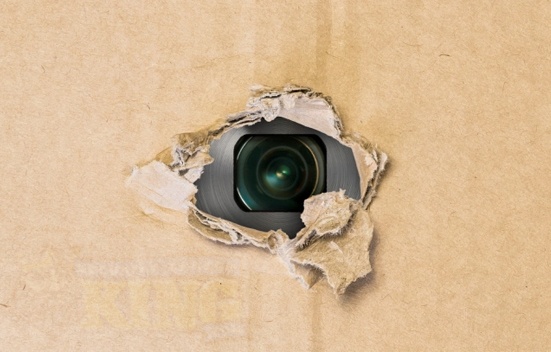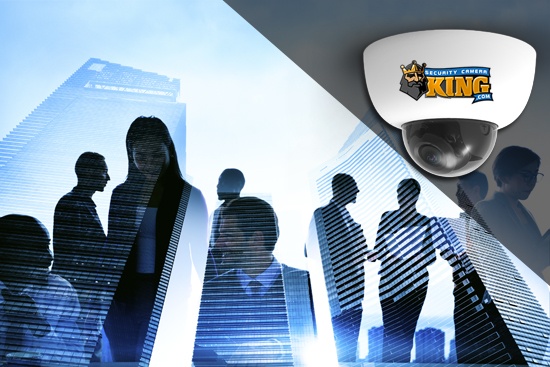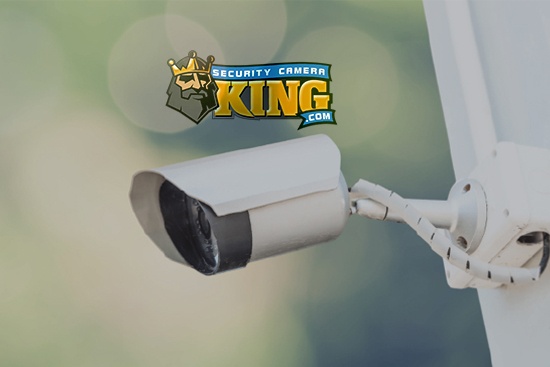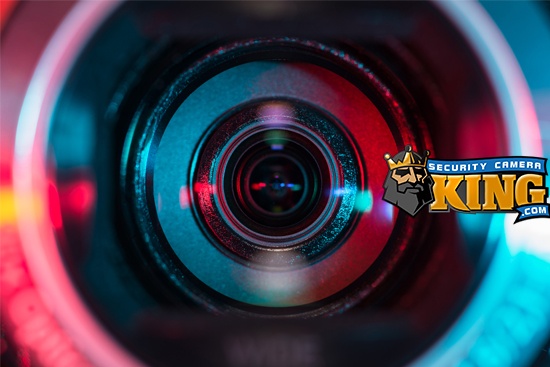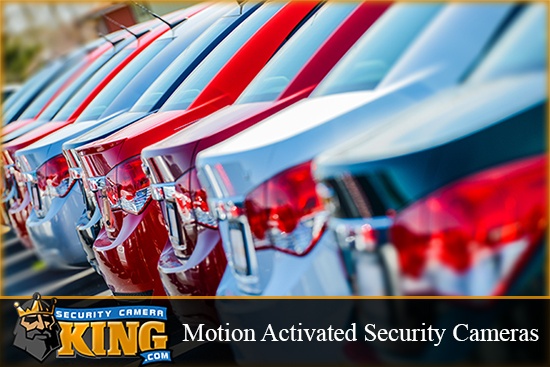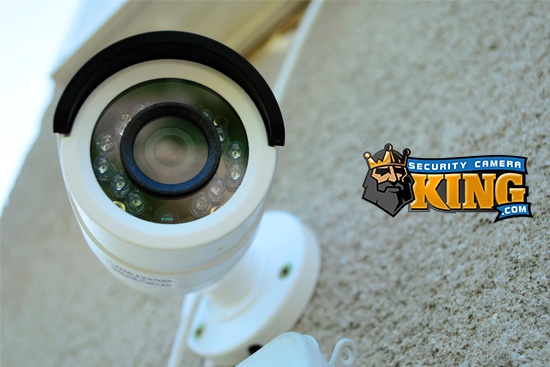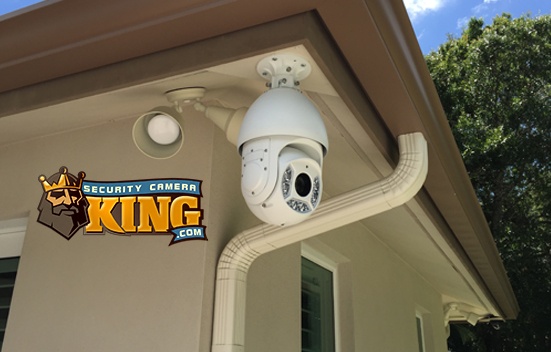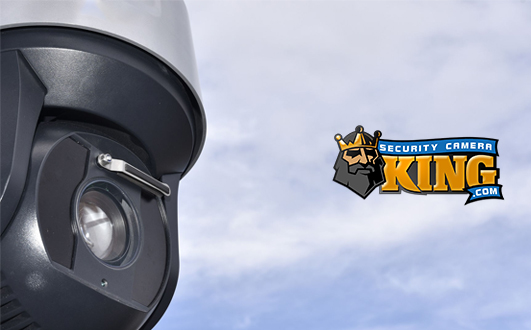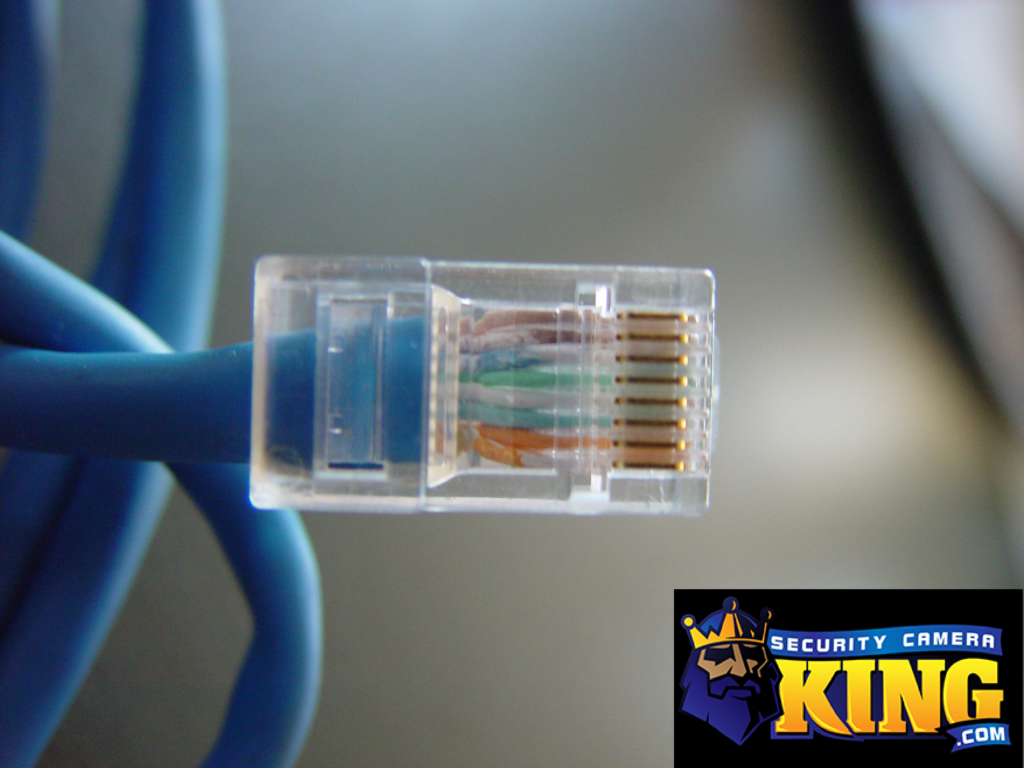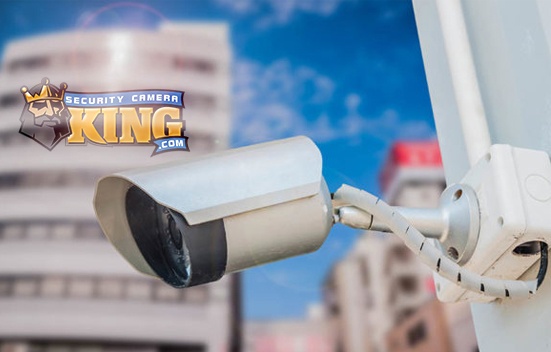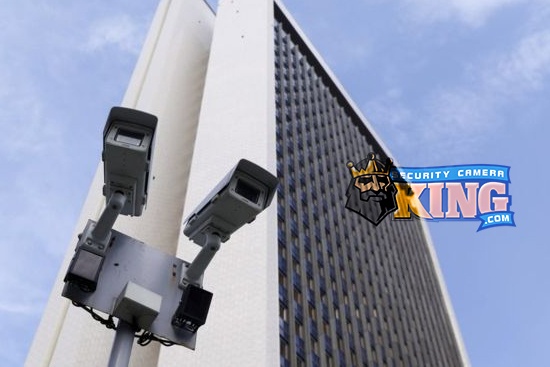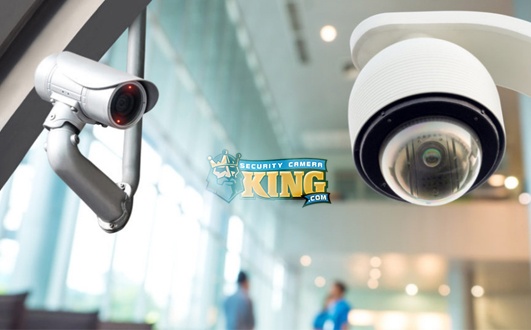Like most of our modern technology (from cell phones to headphones) surveillance cameras have become increasingly smaller with even more available features. Although covert surveillance cameras have been used to protect property and keep people safe, some may use them for much more nefarious reasons.
We have all heard the terrifying urban legend of a family, couple, or individual who finds a roadside motel to stay for the night. Over the course of their stay, the guest or guests come to discover, much to their absolute horror, that they are being watched by an unseen gazer whether through a peephole or a hidden security camera.
Unfortunately, this unnerving situation is no longer a terrifying urban legend and not exclusive to some nasty roadside inn out in the middle of nowhere. In recent years, news stories of covert surveillance cameras being placed for voyeurism in small Airbnb rentals, motels, and even reputable chain hotels have become increasingly commonplace.
Understanding this technology and learning how to avoid being secretly recorded is now an important aspect of preparing for a vacation. Below is an introduction to how covert surveillance cameras operate, their legal uses, and why they are used. Furthermore, we will explore how you can protect yourself and your family on your next vacation.
An Introduction To Covert Surveillance Cameras And Vacation Rental Policies
Covert surveillance cameras are hidden security cameras specifically designed to be placed in unsuspecting locations and remain inconspicuous. They contain some of the most advanced technology used in contemporary security systems.
Despite their small size these covert cameras have the same capabilities as their larger counterparts and can record in high resolution. Typically, businesses use covert surveillance cameras to secure and monitor areas stealthily.
But in terms of vacation rentals and hotels, it is firmly against policies to record private spaces such as bathrooms and bedrooms or other sleeping areas. Hosts can, of course, use surveillance cameras to protect common areas, which are disclosed in their listing.
This does not, however, stop some hosts from utilizing covert surveillance cameras to spy on guests. To combat the issue, vacation sites are legally required to tell guests that they are using surveillance cameras.
This includes anything that can capture and transmit still images, audio, and video. It is important to note that this risk can also include computer webcams and smartphones that are used as rentals.
Ask Before Booking
Before booking your next vacation rental, be sure to speak with the host before booking. By speaking with the host and asking a few questions you can ascertain if they are legitimate or someone nefarious.
Ask the host, “Do you use cameras anywhere inside the house?” or “Are there any electronics inside the home I should know about?”. These simple questions can lead to telling responses.
If their answers seem to be trying to hide something then you can quickly move on to another listing. If your host answers are straightforward and you don’t detect any immediate deceitfulness you can consider their listing.
Obviously, a sinister host can also be a good liar. Below are some tips for spotting covert surveillance cameras when staying at a vacation rental.
Finding Hidden Cameras Inside A Vacation Rental
Whenever staying in a new vacation rental you are unfamiliar with, it is important to check for covert surveillance cameras before settling in. Fortunately, there are some easy steps you and your family can take to properly find these clandestine devices. These techniques can range from the simple to the high tech.
1. A Visual Check Of The Rental Property
The first and easiest way to determine if there are hidden cameras inside a rental property is to perform a visual check of the area. Larger and more conventional surveillance cameras can be easily spotted but covert security cameras require a careful and detailed look.
Hidden cameras used by nefarious hosts will be hidden from immediate view due to its placement and small size. Worst still, covert pinhole cameras can be disguised to look like inconspicuous devices such as smoke detectors, wall clocks, motion detectors, baby monitors, and even light bulbs.
Be sure you and your family check devices such as these for out of place wires or a small lens. It’s important to check all private spaces such as bedrooms, sleeping areas, and bathrooms.
Also, look through air vents for any wires or lights and other areas of a room that could provide cover for covert surveillance cameras.
2. Radio Frequency Detectors
If the worry of hidden cameras in your vacation rental is particularly high and you are willing to spend some money then you can consider using a radio frequency (RF) detector. Radiofrequency detectors function by scanning a room for devices transmitting radio signals and can cost upwards of eighty dollars.
Most of today’s cameras (including hidden cameras) use Wi-Fi or Bluetooth to send and receive data. These signals are used to communicate back and forth between the camera and a device such as a laptop, desktop computer, tablet, and even a smartphone.
A radio frequency detector can detect these signals and then beep or light up to indicate one or more transmitting devices (like covert surveillance cameras) are present nearby. Unfortunately, even a radio frequency detector is not fail-proof.
A hidden camera can, for example, be recording while not transmitting. In this instance, the RF detector will not detect the covert device.
What To Do If Hidden Surveillance Cameras Are Found
In the horrifying event you or a family member find covert surveillance cameras inside your vacation rental, the first thing is to remain calm. If you booked your stay with an online vacation rental service you should contact them immediately.
These services take such reports very seriously and will often act immediately in the event a host is using hidden cameras. The next thing you can do is to call law enforcement.
The host could be breaking the law if the clandestine device is in a place that someone would have a reasonable expectation of privacy such as a sleeping space or a bathroom. Although the exact laws may differ from state to state and country to country, it is still important to contact law enforcement to see if there is some recourse possible.
Facebook | Twitter | Google+ | YouTube

